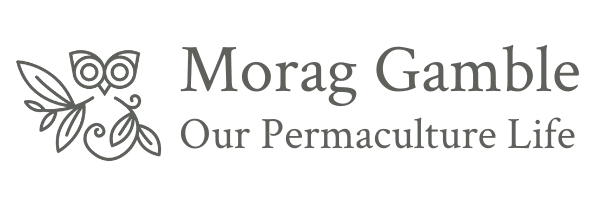Almond milk has become the favoured milk alternative for those trying to avoid dairy and soy. It’s recommended as part of the super-popular paleo diet, and has vitamin E and protein, but is it really OK drink.
I had only recently started using almond when a friend pointed out to me the devastating impacts of the almond milk industry. I really appreciate his vigilance and for bringing these things to my attention. I typically try to make my own from organic Australian almonds which come from Victoria and South Australia (still a long way from here), but every now and then I was buying some commercial varieties too – for convenience sake. Not any more!
This is some of what I just learnt….
- It takes 5 litres of water to grow ONE almond! (10% of California’s water goes to almond farming)
- Most of the almond milk sold in Australia comes from California.
- Demand for almond milk has overtaken soy milk in the US, Britain and soon Australia.
- California grows over 80 per cent of the world’s almonds, but has been experiencing a record-breaking drought.
- Farmers have been drilling into aquifers to meet rapidly growing almond demand.
- Over-pumping is causing subsidence of almost 30 cms in places and could trigger earthquakes.
- California uses 60 per cent of the US’s managed beehives to pollinate the almond trees.
- Around a quarter of these bees are dying from the pesticides used in the almond plantations.
Personally, I think I might abandon almond milk, and simply have a handful of these super healthy nuts and a glass of water. That’d solve the problem of waste almond milk packaging, too.
Read More
- http://www.smh.com.au/lifestyle/diet-and-fitness/the-unhealthy-truth-about-almond-milk-20151109-gkupts.html
- http://www.motherjones.com/tom-philpott/2014/07/your-almond-habit-sucking-califoirnia-dry
- https://www.choice.com.au/food-and-drink/dairy/milk/articles/almond-milk
- https://www.theguardian.com/lifeandstyle/shortcuts/2015/oct/21/almond-milk-quite-good-for-you-very-bad-for-the-planet



Thanks for the article, it's a tricky one isn't it! I make almond milk too, I live in an almond growing region of South Australia & buy local almonds. I think it's more to do with the industrialisation of any process that causes the harm, imho. Cow milk production has enormous environmental impacts, water use impacts etc. So I think if we aim for conservative amounts of persoanal/family use with a local focus, that's hopefully a lesser impact on our struggling planet, cheers Julie
Oh my, is there nothing that man hasn't stuffed up? I don't drink almond milk but I do eat them, I didn't know how much it took to grow almonds, we take so much for granted, don't we, just open the packet without too much thought of how they got there. Thanks for highlighting this fact, I will try and source my almonds and other nuts more locally (presently I buy all our nuts from ALDI, because of their good prices) it a tough one isn't it? Buy local and pay more or buy imports and save money. Either way we are damaging our earth.
Have a lovely weekend.
Fi
I've been buying cans of coconut milk. I've been thinking about looking into growing coconuts to avoid the rubbish I'm generating…
We don't drink almond milk here but we do eat almonds and I use almond meal (that I blitz up here) in baking. I get my almonds, insecticide free, from local grocer. I will have to ask the origin of them so I can see if they are grown here in Australia. Hmmmm…
Pasteurizing almonds by roasting is actually not that bad – raw nuts contain phytic acid and cyanides – things that are behind allergic reactions, mineral deficiency and unhealthy gut flora. soaking and roasting helps to eliminate them, make the minerals in the nuts more accessible to the body and increaing overall digestibility.
very interesting post,
i don't bother with milk of any sort, we did at christmas cos you can't have pudding without custard! we went with rice milk;
you do get used to not having it, when i found out i was allergic to cows milk i tried everything, then settled on soy for awhile til i discovered it's bad for your health as well.
i like eating almonds raw when i can get them too.
thanx for sharing
Look into milk production if you want some shocking, damaging environmental impacts! Never mind the allowed amount of pus, growth hormone enough to grow a 100 lb baby cow etc. Lets stop being silly and just take a handful of the most sustainably grown almonds one can, Vitamix them, strain if you wish and presto! There you have real almond milk right in front of you. No food miles here, no hidden, nasty additives either.